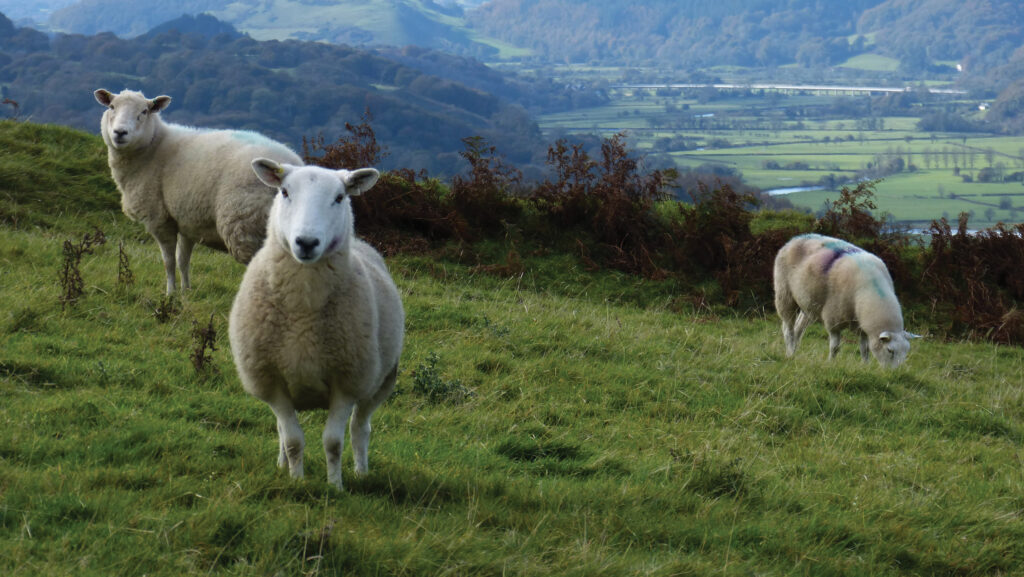Bluetongue zone extended plus further cases outside the zone
 © MAG/Michael Priestley
© MAG/Michael Priestley Further confirmed cases of bluetongue found in early December have led to the expansion of the bluetongue restriction zone (RZ), to include additional parts of Oxfordshire, Berkshire, and Hampshire.
More than 170 cases have now been found in England as part of this autumn’s outbreak with a further two confirmed cases in Wales.
The majority were discovered in east and central parts of England, however, at least 15 cases have been found on farms outside the official RZ, in Somerset, Shropshire, Cheshire, Cumbria, Anglesey, Gwynedd, North Yorkshire and Cornwall.
See also: Bluetongue vaccination could remove restrictions in 2025
Despite some initial restrictions, these areas have been kept out of the RZ by the Animal and Plant Health Agency (Apha) due to these cases stemming from animals moved to premises from areas where bluetongue is now known to be circulating.
However, some of the infected animals outside the zone were still culled to mitigate the risk of local transmission.
The industry continues to work towards a solution and earlier this week Apha announced £200m in funding at its Weybridge site, to focus on biosecurity risks and diseases, such as bluetongue.
An industry survey by Ruminant Health & Welfare looking at bluetongue has also been launched to assess the impact on farm businesses.
It is hoped that colder weather over winter should help to reduce cases, with most midge activity between April and November.
There is also some speculation amongst industry that a Seasonal Vector Low Period (SVLP) may be confirmed in the New Year, similar to last year.
Europe
Cases of bluetongue continues to spread throughout Europe and imported animals still pose a threat of transmission.
A case of bluetongue was identified in Devon earlier in the year in an imported animal, which has since been culled.
